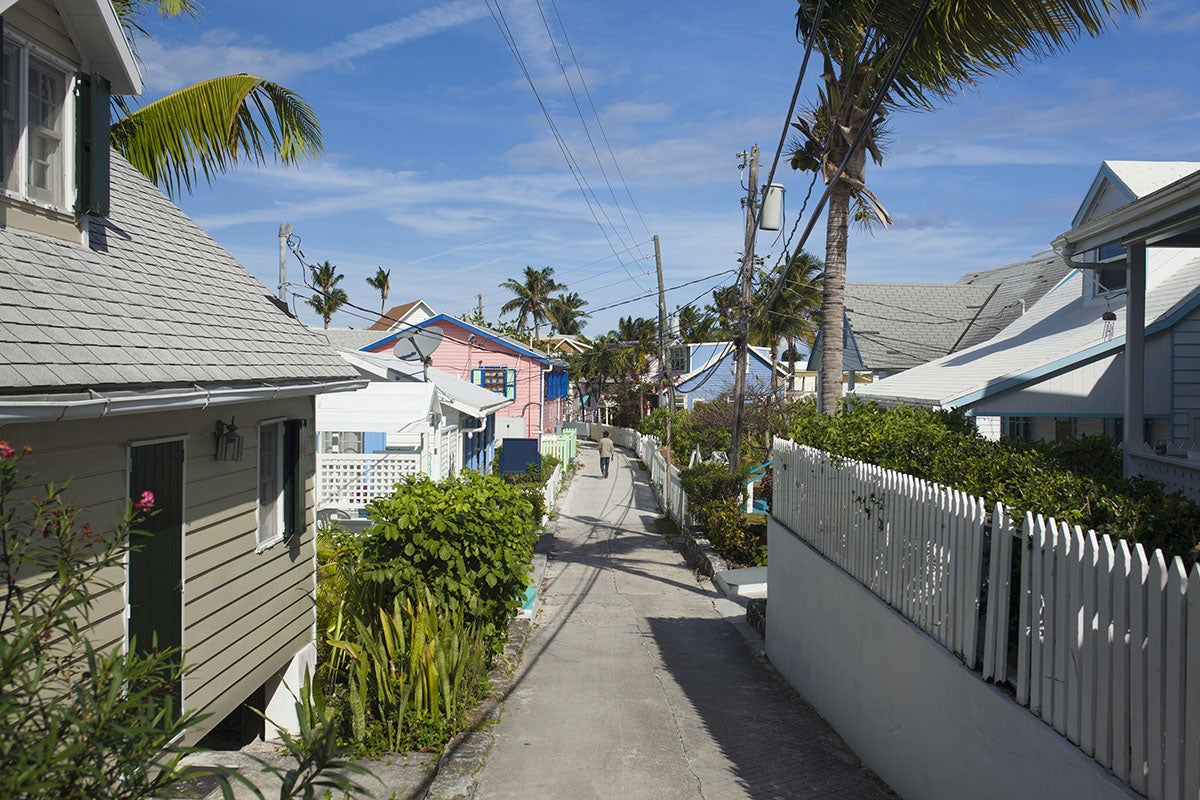4 ways the Caribbean can improve security in neighbourhoods
Crime is not random and it is not everywhere. Certain places, because of particular neighbourhood characteristics, may increase risk or may minimize the impacts of violent crime. Our recent study on crime in the Caribbean, Restoring Paradise in the Caribbean: Combating Violence with Numbers (executive summary here), found that the crimes that are most acute in the sub-region – assaults and threats – occur overwhelmingly within the victim’s own neighbourhood (approximately 66% of reported crimes).
In this study, we asked: What are some of the characteristics of these neighborhoods? We found that those victimized by violent crime in the Caribbean reported their neighbourhoods as having significantly higher levels of physical disorder (trash, graffiti and abandoned buildings) compared to non-victims. On the other hand, high levels of reported social cohesion, or trust among neighbours, seems to protect against victimization by violent crime and burglary. But could it be that these neighbourhood characteristics are just capturing individual socio-economic characteristics – such as an individual’s wealth or education? Not so. Even when controlling for wealth, income and education, neighbourhood disorder and a lack of social cohesion were some of the strongest predictors of being a victim of violent crime.
Crime is also highly concentrated in certain street segments, or “micro-places”, within neighbourhoods. Many studies, using police geo-referenced data, show this to be true in developed countries (Weisburd, 2015). A recent study by the IDB, shows that this phenomenon to be true as well in Latin America, with 50% of crimes occurring on 3.5-7 percent of street segments. The Caribbean seems to be no exception. In Port of Spain, Trinidad and Tobago for example, only 26 percent of street segments registered crimes in 2014. 50 percent of all crimes took place in just three percent of street segments in Port of Spain!
What can be done?
These findings provide reasonably strong support for concentrating both control and prevention initiatives in specific areas where more crimes occur, but also in places with low social cohesion and high neighbourhood disorder. Several specific actions should be taken by governments and citizens in the Caribbean:
- Use Geographic Information Systems to map crime and community assets.
- Apply “Hot Spot” policing using these maps, by increasing patrols, community and problem-oriented policing in the micro-places where crime is concentrated. This requires quality data and effective analysis. Moreover, it requires what Sherman (2013) describes as the “Triple T approach:” Targetingthe right places, Testingif interventions are reducing crime, and Tracking whether officers are actually patrolling where they should be.
- Beyond law enforcement, identify areas with a surplus or a deficit of social cohesion.Where deficits exist, design interventions to: increase residents’ willingness to do something about community problems and increase the sense of trust and shared community ownership.
- Develop community-led problem-solving interventions to reduce physical disorder in specific locations, which can also increase community cohesion and reduce fear.
About the author:

Heather Sutton is an IDB consultant in Citizen Security. She is the Research Coordinator for several IDB projects on crime and violence in the Caribbean involving victimization surveys and surveys on Violence Against Women. Before coming to the IDB, Heather worked as a researcher, project manager and activist on the subjects of public safety, armed violence and gun control for the Brazilian NGO Instituto Sou da Paz. She holds a Master’s in Public Administration from the Monterey Institute of International Studies and a BA in International Affairs from Colorado University.
Read more blogs from Heather Sutton’s Crime and Violence series:
- Is Crime in the Caribbean Unique?
- What is missing from police crime statistics?
- Who is most likely to be a victim of crime in the Caribbean?
- Do socio-demographic factors explain high violent crime in the Caribbean?
- How much is adolescent violence impacted by early exposure?


Leave a Reply